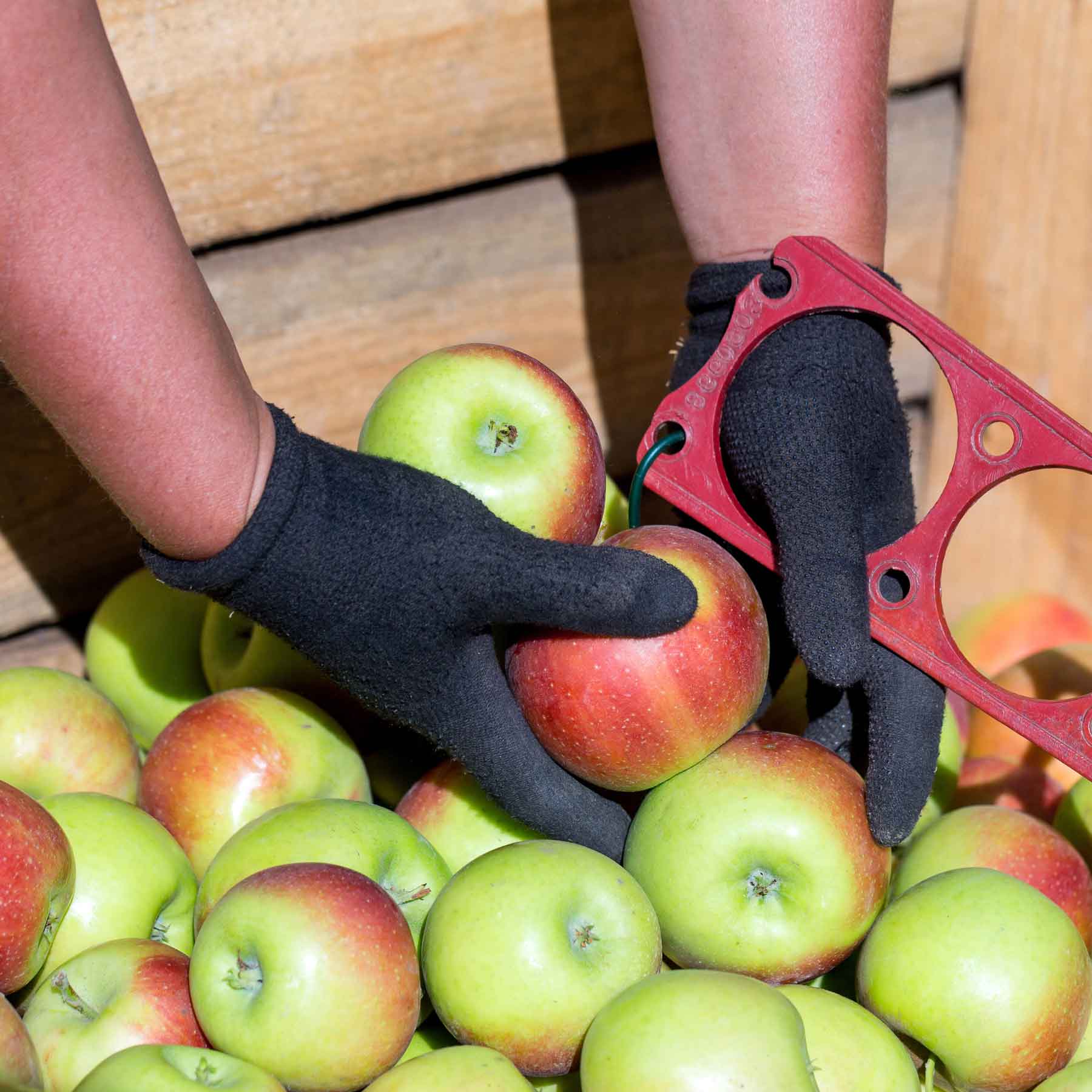Apple growing, harvesting, and packing are highly labor intensive. There is no longer an adequate domestic workforce to fill these jobs, and, as a result, most apple growers have turned to the H-2A agricultural guestworker program. Those growers who still rely on domestic workers face unpredictability and frequent labor shortages. Apple packers and processors do not qualify for the H-2A program putting them in additional peril.
The H-2A program is complicated and administratively burdensome but the need for labor is so great that the number of H-2A workers has quadrupled in the past 10 years. That trend continues, much of it being driven by the apple industry. Regulations finalized last year have added more complexity and expense, and now the Department of Labor and the Department of Homeland Security are proposing more regulatory changes. If enacted, these proposals would push many growers out of the program and in turn could put them out of business.
In addition to these regulatory burdens, the cost of the H-2A program has become untenable. The Adverse Effect Wage Rate (AEWR) continues to outpace the general marketplace with year-over-year rates increasing about 7% in most apple states. In addition, growers face increased input costs and supply chain challenges. Growers from large to small and coast-to-coast report input costs that far exceed their returns.
Every farm worker engaged in high-value, labor-intensive crop production sustains three or more local, off-farm (but agricultural dependent), year-round jobs. If growers lose access to the H-2A program due to administrative burdens or cost, it will have the same economic impact on these communities as factories closed and shipped overseas.
A stable, legal and reliable workforce is critical if we are to continue to have a vibrant, domestic apple industry. Mandatory E-Verify without broader reforms would have a devastating effect on the industry. Therefore, passing legislative reforms that address both the current and future flow of workers is the industry’s top priority.
USApple urges Congress to pass legislation that provides meaningful agricultural labor reform and meets the following objectives:
1. Provides a stable, adequate and predictable supply of agricultural labor capable of participating legally in the U.S. workforce;
2. Significantly reforms the H-2A program; and
3. Addresses the unsustainable escalation of mandated guest worker wage rates and simplifies and provides legal reform to remove unreasonable employer sanctions and regulatory burdens.





